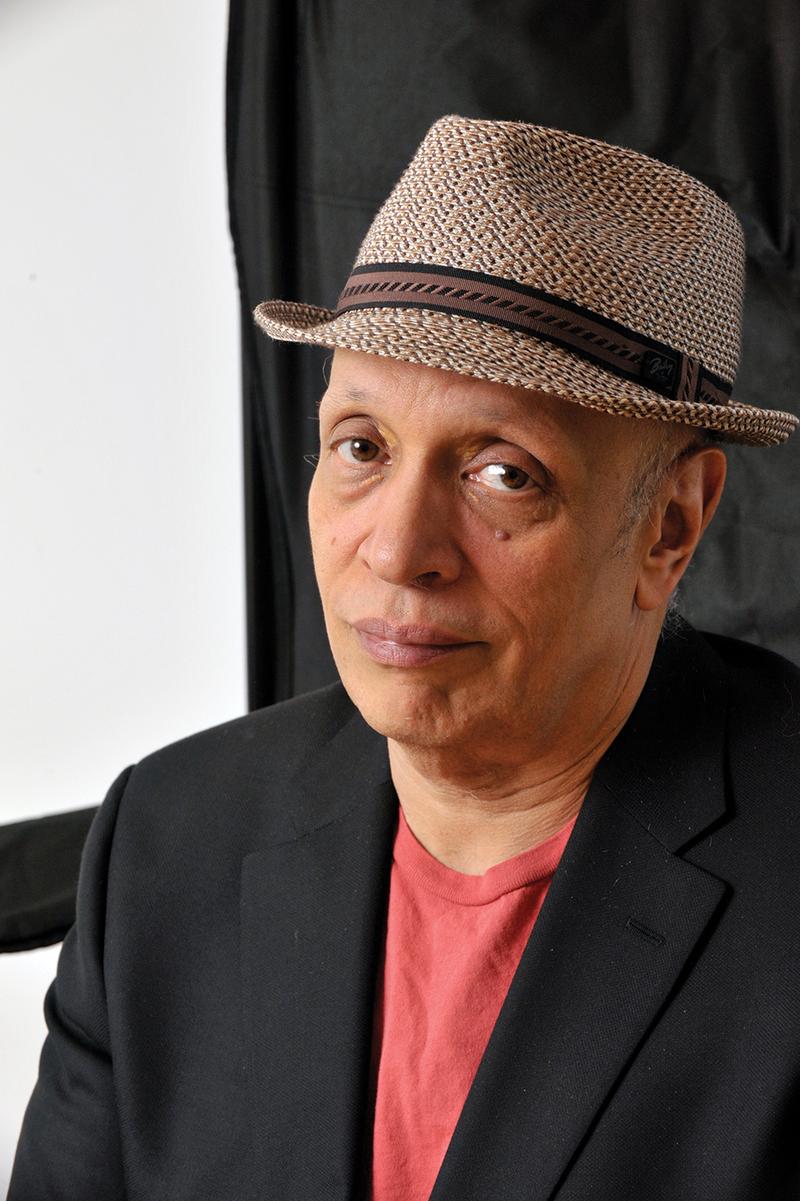
Recently, novelist Walter Mosley penned a provocative opinion piece the New York Times about his experience in a television writers room regarding his use of the n-word. It's an issue newsrooms and media organizations nationwide have long grappled with to form a consensus for standard guidelines. But for Mosley, a prolific and critically acclaimed black writer, there isn't that much to grapple with. "I believe in freedom of speech. Period," Mosley said, in a spirited conversation with WNYC's cultural critic Rebecca Carroll. "Feeling uncomfortable is part of free speech."
"I had to use the word in order to get the idea across of how powerful what happened happened," he said. "It should bother people. And that's why I said it."
While working on a show that has now been identified as "Star Trek: Discovery," Mosley shared a story from his past involving a run-in with a racist police officer. He was contacted soon after by the CBS human resources department, and was told that his use of the n-word had made someone in the room uncomfortable. Mosley, who is also a writer on the FX series "Snowfall," says he does not know who complained to HR about the word, but added that because he was not the only black writer in the room (despite earlier reports stating otherwise), it might well have been a black person who filed the complaint.
Mosley also said he wouldn't have been offended if a white writer in the room had been the one to tell a story that included use of the n-word, and he pushed back on Carroll's suggestion that white people using the word is a display of "unearned intimacy."
"The question is: is you saying it is an unearned intimacy more powerful than the constitution?" he asked. "I'm saying, I have to accept the constitution, because that's my country."
Ultimately, Mosley said, he left the show for reasons that didn't have anything to do with race or racism. "It had to do with a McCarthy-istic-like institution that was trying to control my life, saying, either you have free speech or you have the right to pursue happiness, but you cannot have both. And I said, man, I'm not dealing with that."
